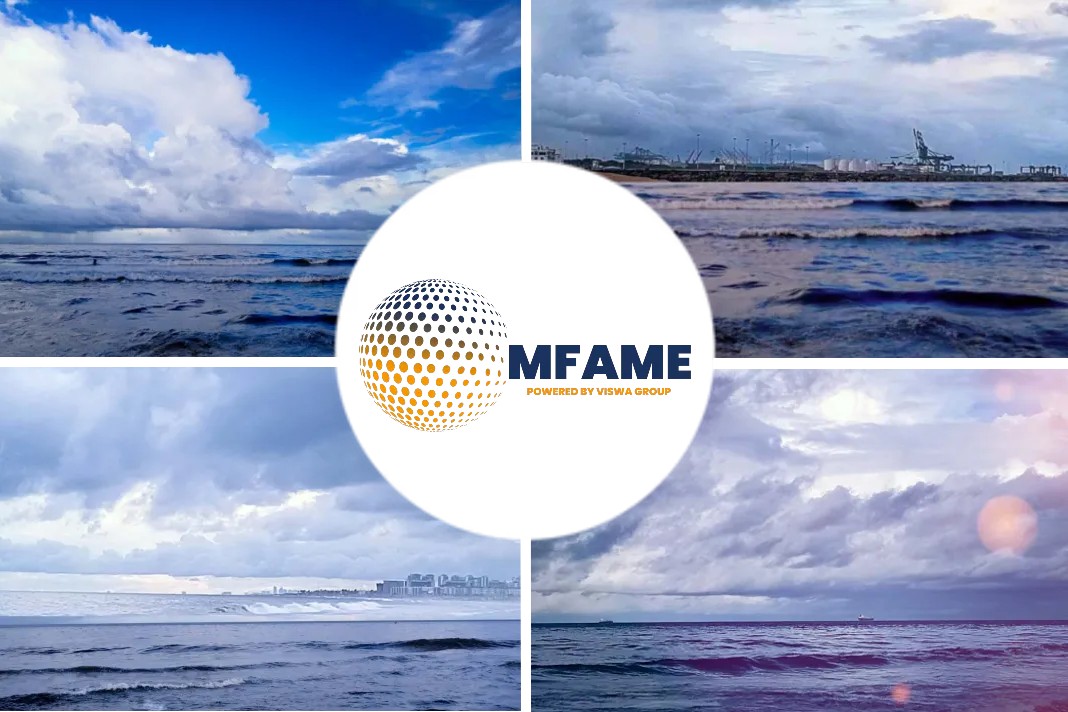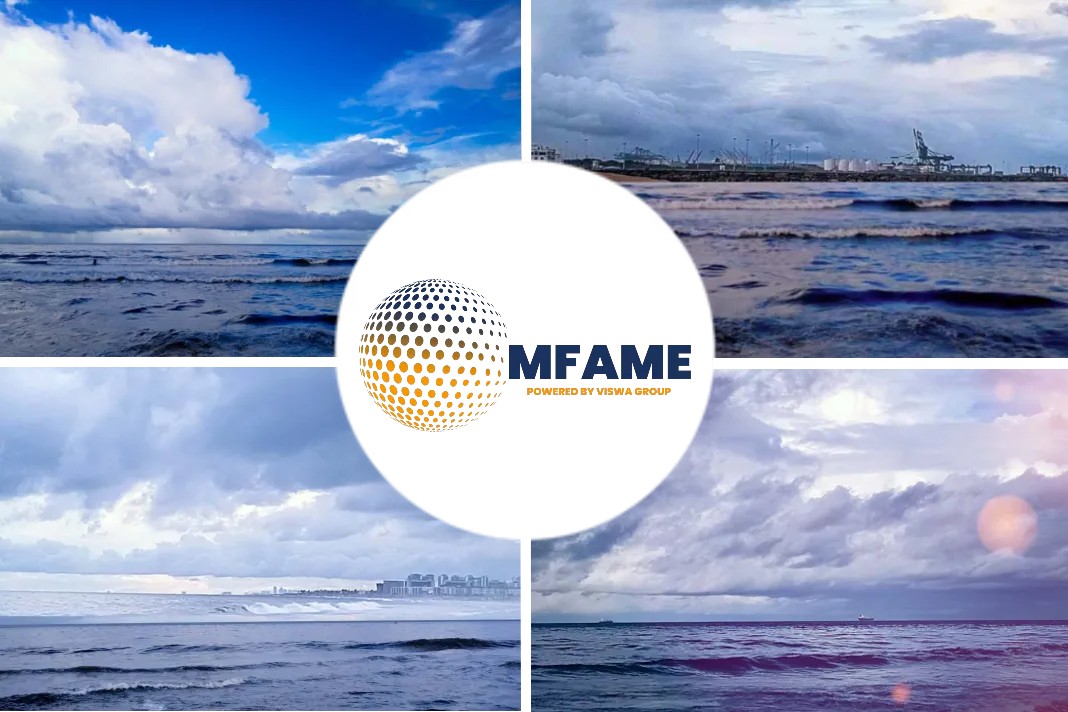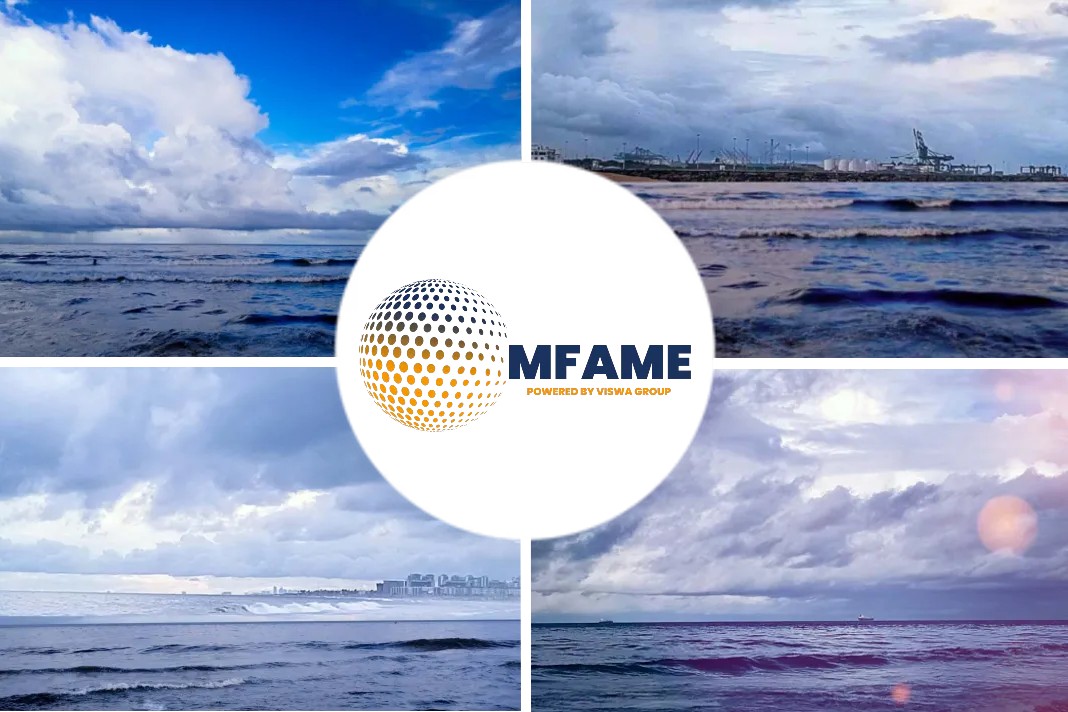- The Ship Carbon Recycling Working Group, formed within Japan’s Carbon Capture & Reuse Study Group, aims to explore the feasibility of the concept of utilising methanation technology for zero-emission ship fuels.
- Through its activities, the WG aims to reduce greenhouse gas emissions to zero in sea transportation, which accounts for 99.6% of Japanese imports and exports.
- The stakeholders also will calculate the estimated amount of carbon emissions in the supply chain, identify technical challenges and develop a roadmap to accomplish the goal.
Nine Japanese companies have started the Ship Carbon Recycling Working Group as part of Japan’s Carbon Capture & Reuse (CCR) Study Group, reads an article in PMO.
The Working Group aims to explore the feasibility of the concept of utilizing methanation technology for zero-emission ship fuels.
Methanation Technology: Path to decarbonization
As the effects of climate change become apparent, carbon recycling, a method used to capture and reuse emitted carbon dioxide (CO2), is attracting attention as one of the paths to a decarbonized society.
Formed within the CCR Study Group in August 2019, the WG aims to explore the feasibility of the concept of utilizing methanation technology for zero-emission ship fuels.
Through its activities, the WG aims to reduce greenhouse gas emissions to zero in sea transportation, which accounts for 99.6% of Japanese imports and exports, and thereby contribute to the formation of a sustainable society.
Specifically, the nine companies plan to assume carbon recycling supply chain of methanation fuel that involves the supply of feedstock CO2, transportation of the feedstock, methanation, and conversion into marine fuel.
They will calculate the estimated amount of CO2 emissions in the supply chain, and based on these results, identify technical challenges and develop a roadmap for its realization.
Carbon Recycling
The first stage of activities involves:
- Separation, capture and liquefaction of CO2 emitted from steelworks
- Transportation of liquefied CO2 by ship to a hydrogen supply site
- Generation of synthetic methane from CO2 and hydrogen by methanation reaction, and
- Liquefaction of the synthetic methane and using it as marine fuel.
In addition to obtaining an approximate value of CO2 emissions in this assumed supply chain, the group will also identify challenges and decide whether to proceed with subsequent next-stage activities along with the content of those activities.
The acquired knowledge will also be widely disclosed in and out of the industry.
Participating members are
- EX Research Institute Ltd.,
- Hitachi Zosen Corporation,
- Japan Marine United Corporation,
- JFE Steel Corporation,
- JGC Corporation,
- Mitsui O.S.K. Lines, Ltd.,
- Nippon Kaiji Kyokai(ClassNK),
- Nippon Steel Corporation, and
- Sanoyas Shipbuilding Corporation.
Did you subscribe to our daily newsletter?
It’s Free! Click here to Subscribe!
Source: Ports & Maritime Organization

















